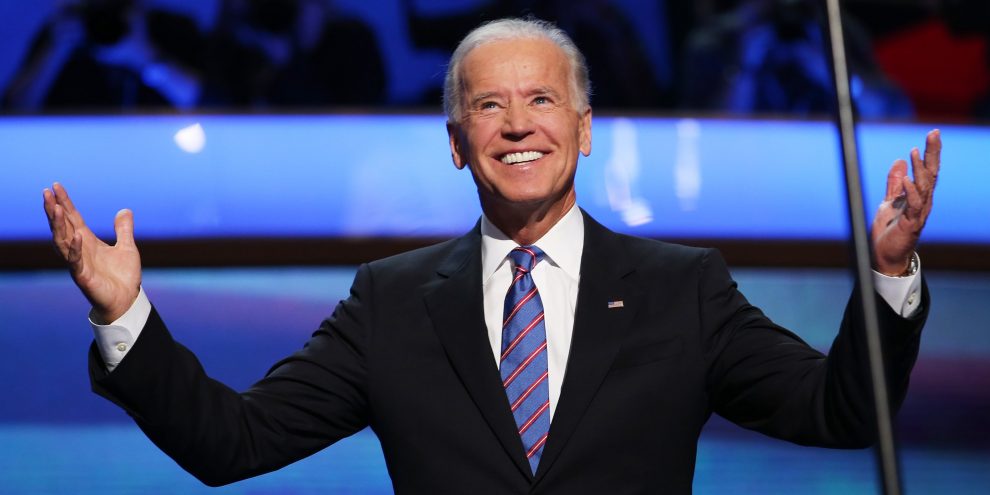March 3rd, 2020, a key date in politics known as Super Tuesday, marked a major shift in the Democratic primary process. Prior to this date, Vermont Senator Bernie Sanders was a clear frontrunner in the race to be the Democratic nominee for President. After Bernie’s early victories in New Hampshire and Nevada, as well as a close second-place finish in Iowa, many believed that Bernie Sanders was on his way to becoming the Democratic nominee. However, former Vice President Joe Biden won ten of the fourteen Super Tuesday states, putting him in the lead in the national delegate count after March 3rd.
In the days approaching Super Tuesday, Joe Biden gained momentum and support that put him in a good position to win delegates in various states. On February 29th, Biden won the South Carolina primary by a sizable margin, earning over 48 percent of the vote and winning 38 pledged delegates. This was Biden’s first victory in the 2020 primary process—a signal to many that the former Vice President had support among diverse communities, including communities of color in the South.
Following Biden’s decisive victory in South Carolina, Joe Biden received many key endorsements that boosted his standing in the polls and may have been responsible for his Super Tuesday successes. Prior to Super Tuesday, former South Bend, Indiana, Mayor Pete Buttigieg, and Senator Amy Klobuchar dropped out of the race and endorsed Biden. Representative Beto O’Rourke also endorsed Biden, having dropped out of the presidential race last fall.
In the wake of a major win in South Carolina and a slew of endorsements, Joe Biden won the primaries in Alabama, Virginia, North Carolina, Tennessee, Arkansas, Oklahoma, Minnesota, Texas, Maine, and Massachusetts on Super Tuesday. Bernie Sanders won his home state of Vermont as well as Colorado, Utah, and California. Sanders got a key win in the large, dense state of California, although Biden finished second in the state and still earned delegates from the California primary.
The day after Super Tuesday, former New York City Mayor Michael Bloomberg dropped out of the race after spending over $500 million on his campaign. Mayor Bloomberg quickly endorsed Biden as the candidate with the best chance of beating President Trump in November.
In the days following Super Tuesday, Biden picked up more endorsements—most notably, those from Senators Kamala Harris and Cory Booker. Both of these Senators ran for President this past year and are now supporting former Vice President Joe Biden. Senator Harris recorded a video endorsing Biden, in which she said, “There is so much at stake in this election, guys. So join me in supporting Joe and let’s get this done.” Senators Booker and Harris proceeded to campaign alongside Biden in Detroit, Michigan, in preparation for the key primaries that took place on March 10th.
In these March 10th primaries, Joe Biden won Michigan, Missouri, Mississippi, and Idaho. Michigan was the biggest prize of the night, with 125 pledged delegates at stake. While Biden will not get all 125 pledged delegates, he will receive a sizable boost from his performance in Michigan—a state that Bernie Sanders won in 2016 against Hillary Clinton.
Despite Biden’s recent successes, there is still a great deal of uncertainty surrounding the Democratic primary process. In order to secure the nomination, a Democratic candidate must get 1,991 pledged delegates in the primaries leading up to the Democratic National Convention. If no candidate gains this majority, then there will be a brokered convention in July, in which the party must decide who to nominate in the second round of voting. As Biden performs better in the primaries, the chances of a brokered convention this summer are on the decline, but the outcome of the Democratic nomination process remains uncertain.







